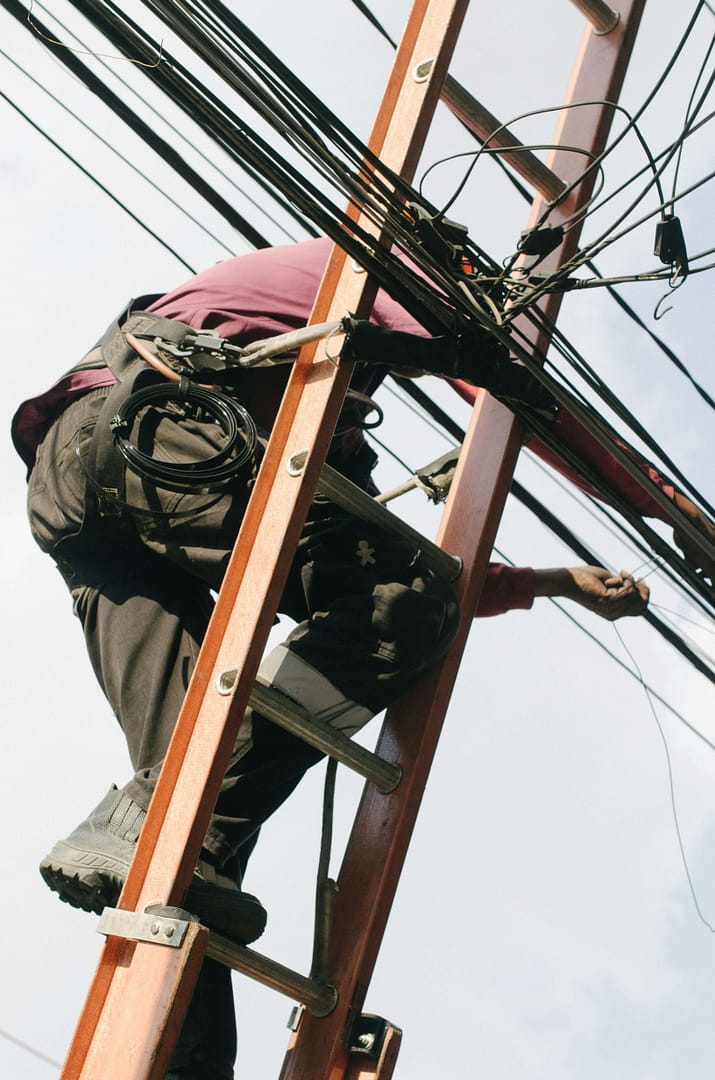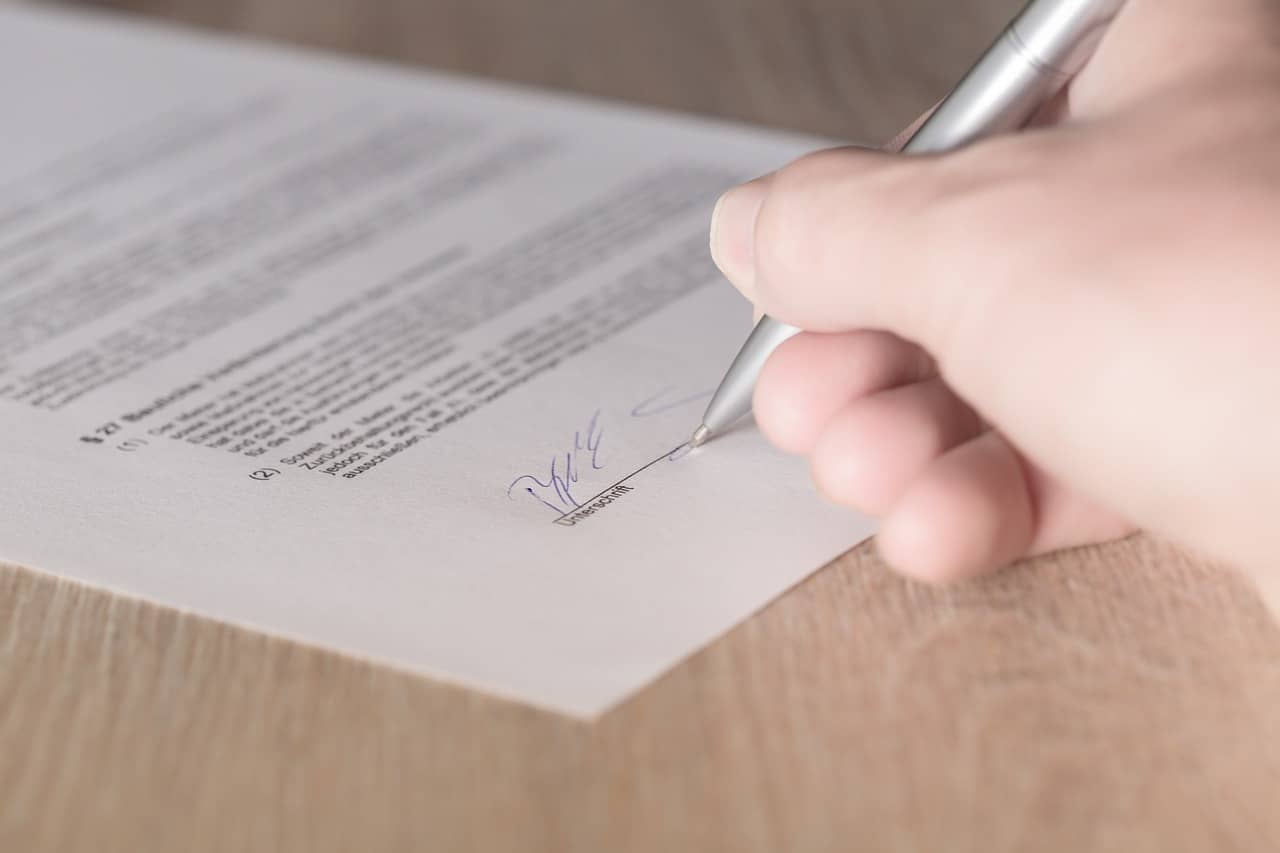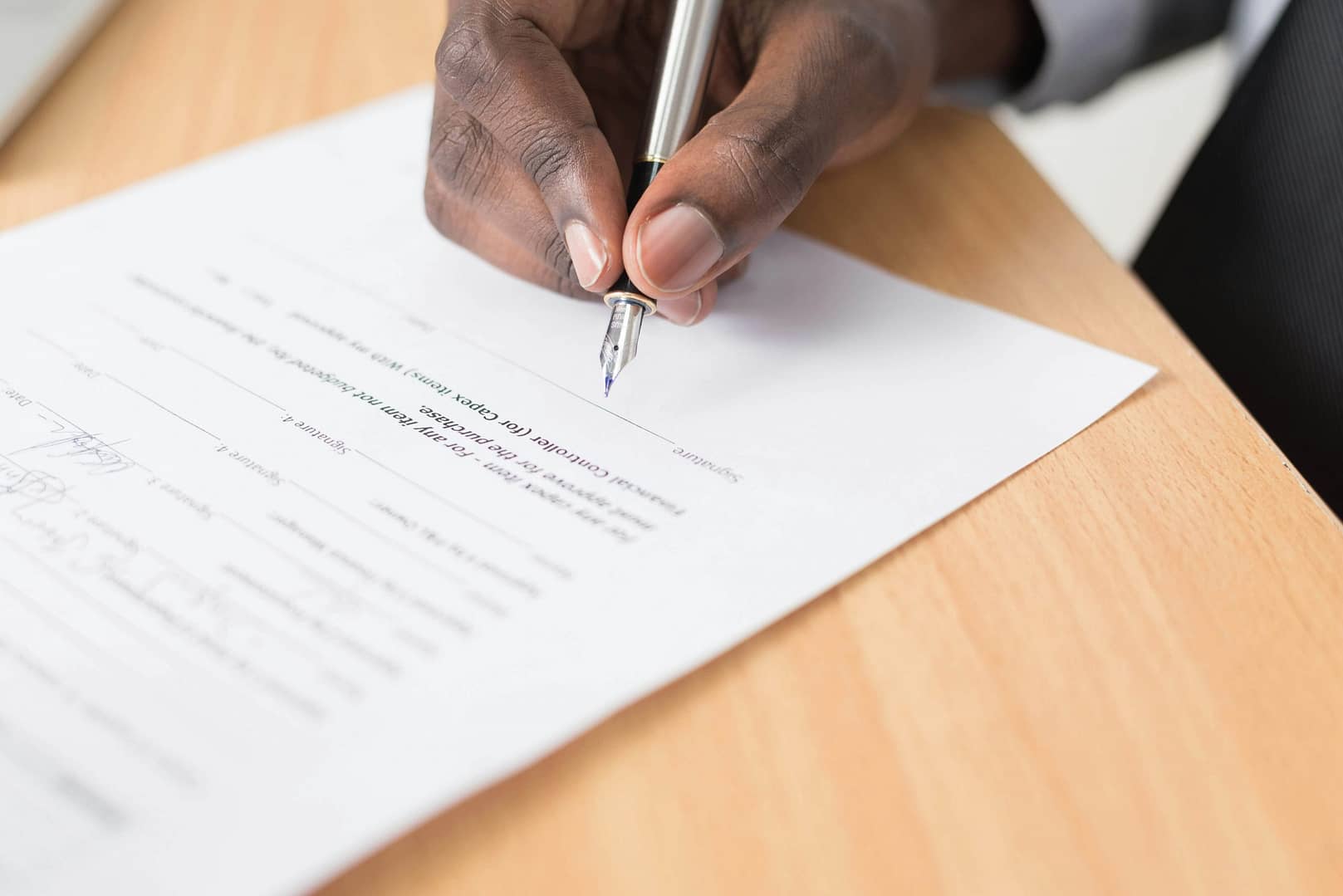Sleep is a fundamental aspect of our lives, a daily reset button that refreshes our bodies and minds. We often take it for granted until something disrupts this essential process. One such disruption that affects many individuals is a brain injury. In this article, we will embark on a journey into the enigmatic realm of sleep following a brain injury. We will explore the reasons why it can be challenging to achieve a restful slumber, whether it is normal to sleep excessively after such an injury, and gain a deeper understanding of the intricate relationship between our brains and our sleep patterns. We will also highlight the best steps to take when making a claim for your brain injury.
The Complex Connection Between Brain Injury and Sleep
To delve into the issue of sleep following a brain injury, we must first comprehend the intricate relationship between the two. A brain injury, whether it is a traumatic brain injury (TBI) caused by an accident or a non-traumatic brain injury resulting from a stroke or tumour, can disrupt the delicate balance of the brain’s functions, including its regulation of sleep.
Why Can’t You Sleep After a Brain Injury?
Imagine a symphony orchestra playing a beautiful piece of music. Each instrument represents a different aspect of your brain’s function, and they all work in harmony to create the melody of your life. Now, picture what happens when a conductor suddenly stops the music or when one of the instruments malfunctions. The result is chaos, confusion, and a distorted melody.
Similarly, a brain injury can disrupt the symphony of the brain. It can damage or affect the regions responsible for regulating sleep, such as the hypothalamus or the brainstem. This disruption can lead to various sleep disturbances, including difficulty falling asleep, staying asleep, or achieving the restorative deep sleep stages.
The reasons for sleep problems after a brain injury are multifaceted. They can include:
Physical Damage to Brain Structures: Direct physical damage to the brain can impair its ability to regulate sleep-wake cycles. This damage may result from the initial trauma, bleeding, or swelling in the brain.
Neurotransmitter Imbalances: Brain injuries can disrupt the balance of neurotransmitters, which are essential for maintaining healthy sleep patterns. For example, a decrease in serotonin levels can lead to insomnia, while an increase in glutamate levels can result in hypersomnia (excessive sleep).
Pain and Discomfort: Many individuals with brain injuries experience chronic pain and discomfort, which can make it challenging to find a comfortable sleeping position and maintain restful sleep throughout the night.
Medications: Medications prescribed to manage pain, seizures, or other symptoms related to brain injuries may have side effects that interfere with sleep.
Psychological Factors: Coping with the aftermath of a brain injury can be emotionally distressing. Anxiety, depression, and post-traumatic stress disorder (PTSD) are common psychological factors that can contribute to sleep difficulties.
Changes in Routine: Following a brain injury, individuals may experience changes in their daily routines and lifestyles, which can disrupt their natural sleep-wake cycles.
Understanding these factors is essential because it highlights the complexity of sleep disturbances after a brain injury and underscores the importance of addressing them for a better quality of life.
Is it Normal to Sleep a Lot After a Brain Injury?
Now, let’s turn our attention to another aspect of sleep following a brain injury: excessive sleep. You might wonder if it’s normal to find yourself sleeping more than usual after such an injury. The answer is not as straightforward as a simple “yes” or “no.” It depends on various factors, including the severity and type of brain injury, individual differences, and the stage of recovery.
Acute Phase of Recovery
In the immediate aftermath of a brain injury, whether traumatic or non-traumatic, it is relatively common for individuals to experience excessive sleepiness. This increased need for sleep is often the body’s way of facilitating the healing process. During the acute phase of recovery, the brain requires additional rest to repair damaged tissues and restore normal function.
It’s crucial to note that the excessive sleep observed during this phase is generally considered a normal part of the recovery process. However, this excess sleepiness should gradually decrease as the brain heals, and the individual progresses in their recovery journey.
Post-Concussion Syndrome
In cases of mild traumatic brain injury, such as a concussion, a condition known as post-concussion syndrome (PCS) can develop. One of the hallmark symptoms of PCS is persistent fatigue and excessive sleepiness. In these instances, it is also considered normal to experience increased sleep needs. However, PCS symptoms should improve over time, and individuals should gradually return to their usual sleep patterns.
Chronic Sleep Disturbances
On the other hand, if excessive sleep persists for an extended period beyond the acute phase of recovery, it may indicate underlying sleep disorders or other complications. Chronic excessive sleepiness can have a detrimental impact on an individual’s quality of life and functioning, making it essential to address and seek medical advice.
Navigating the Path to Restorative Sleep
Having explored the complexities of sleep following a brain injury, it’s time to shift our focus to solutions and strategies for achieving restorative sleep. While the journey to better sleep may vary from person to person, several approaches can help individuals with brain injuries improve their sleep patterns.
Medical Evaluation
The first step in addressing sleep disturbances after a brain injury is to consult a medical professional. A thorough evaluation can help identify the specific causes of sleep problems and guide appropriate treatment. This evaluation may include a physical examination, imaging studies, and sleep studies (polysomnography) to assess sleep patterns.
Medication Management
In some cases, medications may be prescribed to manage sleep disturbances or associated symptoms. Medications may include sleep aids for insomnia or medications to address pain, anxiety, or depression. It’s crucial for individuals to work closely with their healthcare providers to find the most suitable and effective treatment options.
Sleep Hygiene Practices
Improving sleep hygiene is essential for anyone experiencing sleep difficulties, including those with brain injuries. Establishing a consistent sleep schedule, creating a comfortable sleep environment, and avoiding stimulants like caffeine and electronics before bedtime can contribute to better sleep quality.
Cognitive Behavioral Therapy for Insomnia (CBT-I)
CBT-I is a structured therapeutic approach specifically designed to address insomnia. It focuses on changing negative thought patterns and behaviours associated with sleep. CBT-I can be particularly beneficial for individuals with brain injuries who are struggling with insomnia.
Pain Management
If chronic pain is a contributing factor to sleep disturbances, effective pain management strategies should be pursued. This may involve physical therapy, medications, or alternative therapies such as acupuncture or chiropractic care.
Psychological Support
Addressing the emotional and psychological impact of a brain injury is crucial. Seeking support from mental health professionals or support groups can help individuals cope with anxiety, depression, or PTSD, which may be contributing to sleep problems.
Making a Serious Injury Claim with National Claims
At National Claims, we understand the challenges individuals face when dealing with the aftermath of a brain injury. If your injury was the result of an accident caused by someone else’s negligence, you may be entitled to compensation. We specialise in assisting individuals in making serious injury claims to ensure they receive the support and financial assistance they need for their recovery.
Our experienced team of claims specialists will guide you through the claims process, providing expert advice and support every step of the way. We will work tirelessly to investigate your case, gather evidence, and negotiate with insurance companies to secure a fair settlement on your behalf.
To begin the process of making a serious injury claim, please reach out to National Claims today. We are dedicated to helping you achieve the justice and compensation you deserve, allowing you to focus on your recovery and rebuilding your life after a brain injury.

Conclusion
Sleep following a brain injury is a complex and often challenging journey. The disruption of the brain’s delicate balance due to injury can lead to a range of sleep disturbances, from insomnia to excessive sleepiness. However, understanding the underlying causes and seeking appropriate treatment and support can pave the way for improved sleep and overall well-being. If you or a loved one has experienced a brain injury, it’s essential to consult with healthcare professionals and, if applicable, seek legal assistance to ensure you receive the care and compensation you need to move forward on the path to recovery.
Contact us today to get a start on your claim and speak to one of our help claims specialists in the process.
Click below to see why we are one of the most trusted claims management companies in the UK.

We’re proud of our excellent customer reviews
We thrive on delivering exceptional service and ensuring our clients’ satisfaction. Don’t just take our word for it. Check out some of our independent reviews to see what our clients have to say.
Excellent

This firm is excellent, they sorted out my car pay out and injury claim very fast, they always communicate with you all the time.

My accident case was dealt with confidence and with great result of the outcome, especially James kept me informed all the time.

I was very impressed at the way my inquiry was treated. I was listened to attentively and everything I needed to know was explained to me.






